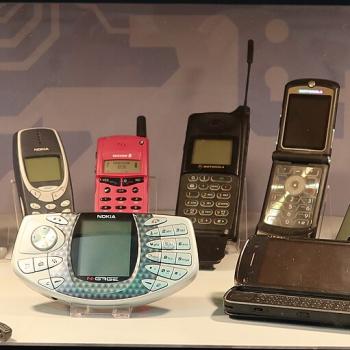So what do you make of this new campaign? According to the website,
When a little boy asserts himself, he’s called a “leader.” Yet when a little girl does the same, she risks being branded “bossy.” Words like bossy send a message: don’t raise your hand or speak up. By middle school, girls are less interested in leading than boys—a trend that continues into adulthood. Together we can encourage girls to lead.
It’s sponsored by Sheryl Sandberg’s LeanIn.org and by — who else? — the Girl Scouts. And, in looking at their website, I was skeptical: one of their claims is the debunked “Girls get less airtime in class. They are called on less and interrupted more.” And in one of their PDFs, they cite “Failing at Fairness” which I had read previously and didn’t find at all credible.
So I asked my son, in 5th grade, who hangs out with the girls in his class, so I figured he would know. “When you work on group projects, are boys or girls more likely to be the leader? When girls take the lead, are they called bossy?” His answer was that boys were more likely to lead (which he defined as the one who didn’t hesitate to give ideas, one right after the next), but that no one criticized girls, either.
Then I asked him, “are there kids who are bossy in your class?” And he said that there were, big time — but then narrowed it down to one girl, who liked to bark commands at him, like “get out of my way.” Apparently, he and this girl don’t get along: “It’s a long story, Mom.”
Then I asked my facebook friends what they thought. One friend pointed out that, among the younger girls she sees with her daughter, adults are more quick to intervene in the case of a bossy girl, trying to make her playmates play what she wants, than a similar boy, which seems to be a matter of adults being more concerned about girls’ social relationships than boys’. And it is certainly true that neither a boy or a girl demanding that their peers do what they say is called or acting as a “leader.” In this sense, “bossiness” can really mean social skill deficits, if a child can’t be flexible enough to take turns choosing the game or activity.
But another friend said that her middle school daughter had indeed experienced the situation that when she or another girl takes the lead in getting started with a group project, they are called “bossy” when boys never are. (Not that the boys are praised and called “leaders” but they’re just not criticized.) And what she said is that the boys and girls both call such take-the-initiative girls “bossy.”
This is an initiative that’s meant to “go viral” with the instruction to website visitors to post “banbossy” to their social media. And the aim is to get girls, and women, to feel comfortable being assertive; one example was sending food back at a restaurant. But if a girl is labelled “bossy” by other girls, then there’s a social dynamic that doesn’t have as simple a fix as a twitter campaign.
And that’s all I know about that.














